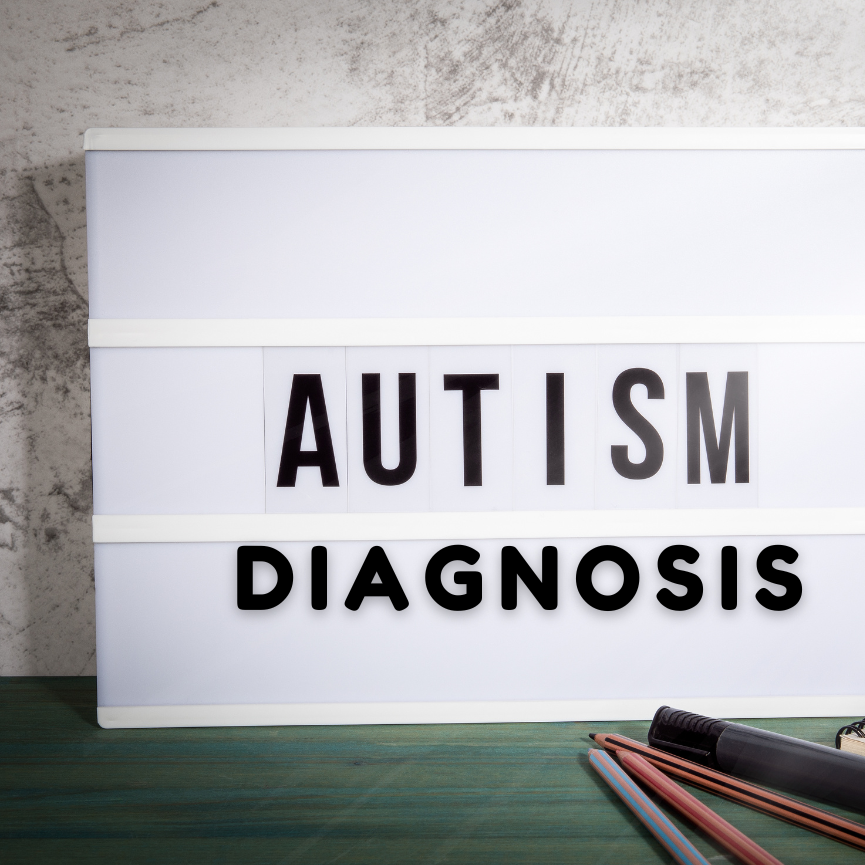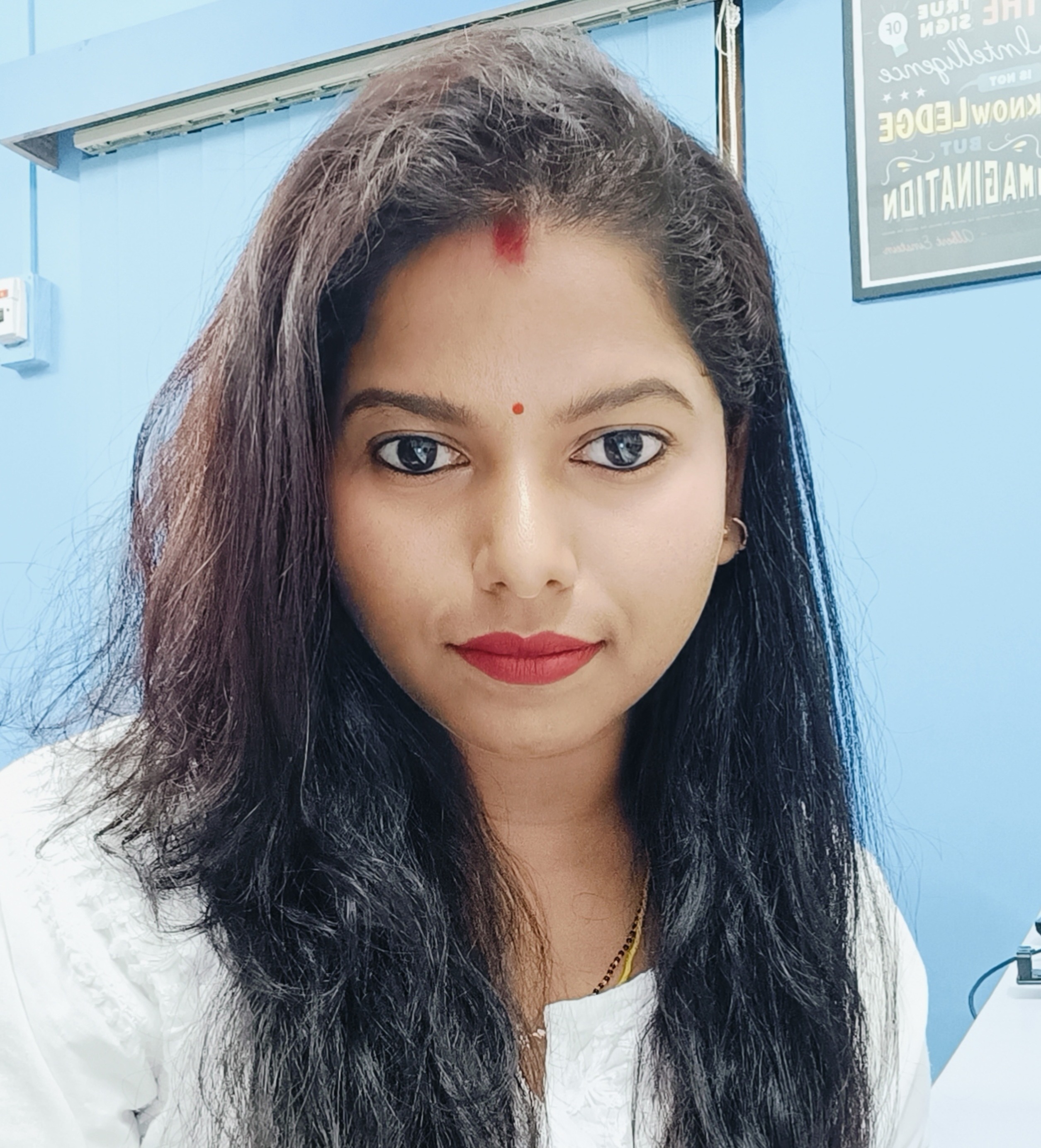
- May 09, 2024
- 57 Views
- 0 Comments
Accelerating The Process Of Diagnosis For Autism In India
How to Get a Diagnosis for Autism in India: A Step-by-Step Guide
Autism is a neurodevelopmental disorder that affects social communication, interaction, and behavior. In India, the prevalence of autism is estimated to be around 1 in 100 children, which means that there are approximately 2 million individuals with autism in the country. While the prevalence of autism is high, many individuals and families may not know how to go about getting a diagnosis for autism. In this article, we will provide a step-by-step guide on how to get a diagnosis for autism in India.
Recognize the Signs
The first step in getting a diagnosis for autism is to recognize the signs. Autism can manifest in a variety of ways, but some common signs include difficulty with socializing and communicating with others, repetitive behaviors or routines, and difficulty with sensory processing. Individuals with autism may also have trouble with nonverbal communication, such as making eye contact or interpreting facial expressions.
If you notice these signs in yourself or someone you know, it may be time to seek a diagnosis. It is important to remember that autism is a spectrum disorder, which means that individuals with autism can have a wide range of symptoms and abilities. Some individuals may have mild symptoms while others may have more severe symptoms.
Consult a Pediatrician or Family Doctor
The next step in getting a diagnosis for autism is to consult a pediatrician or family doctor. These healthcare professionals can conduct an initial assessment and refer you to a specialist if necessary. During the assessment, the pediatrician or family doctor may ask questions about the individual's symptoms and developmental history. They may also observe the individual's behavior and interactions.
If the pediatrician or family doctor suspects that the individual may have autism, they will refer the individual to a specialist. It is important to note that not all pediatricians or family doctors may be familiar with the signs and symptoms of autism, so it is important to seek out a healthcare professional who has experience with autism.
Visit a Specialist
After consulting with a pediatrician or family doctor, the next step is to visit a specialist. There are a few different types of specialists who may diagnose autism, including developmental pediatricians, child psychiatrists, and clinical psychologists. These specialists will conduct a thorough evaluation, which may include observations, interviews, and standardized assessments.
During the evaluation, the specialist will look for signs of autism and assess the individual's communication skills, social interactions, and behavior. They may also evaluate the individual's cognitive abilities and sensory processing skills. The evaluation may take several hours or even multiple sessions to complete.
Get a Diagnosis
If the specialist determines that the individual has autism, they will provide a diagnosis. The diagnosis will typically be based on the individual's symptoms and behavior, as well as the results of the assessments. It is important to remember that a diagnosis of autism is a medical diagnosis and should only be made by a healthcare professional with experience in diagnosing autism.
It is also important to note that autism is a spectrum disorder, which means that individuals with autism can have a wide range of symptoms and abilities. The diagnosis will typically include information about the individual's strengths and challenges, as well as recommendations for treatment and support.
Seek Support
Once you have a diagnosis, it is important to seek support. This may include therapy, education, and community resources. In India, there are many organizations and resources available to support individuals with autism and their families.
One important resource is early intervention services. Early intervention services are designed to help children with autism develop skills and abilities that will enable them to reach their full potential. These services may include speech therapy, occupational therapy, and behavioral therapy.
Some many schools and programs specialize in supporting individuals with autism. These programs may provide specialized education and support for individuals with autism, as well as resources and support for families.
Additionally, there are many community organizations and support groups for individuals with autism and their families. These organizations can provide a sense of community and support, as well as resources and information about autism.
Follow Up with Healthcare Professionals
After receiving a diagnosis and seeking support, it is important to follow up with healthcare professionals regularly. This may include regular visits with a pediatrician, developmental pediatrician, or child psychiatrist, as well as regular therapy sessions.
It is important to remember that autism is a lifelong condition, and individuals with autism may require ongoing support and treatment throughout their lives. Regular follow-up with healthcare professionals can help ensure that individuals with autism receive the support and care they need to thrive.
Getting a diagnosis for autism in India can be a complex and challenging process, but it is an important step towards receiving the support and care needed to thrive. By recognizing the signs of autism, consulting with a pediatrician or family doctor, visiting a specialist, getting a diagnosis, seeking support, and following up with healthcare professionals, individuals with autism and their families can access the resources and support needed to lead fulfilling lives.



Comments - 0 comments till now